Everything you need to know about a journalist

Choosing a profession, a graduate starts from his inner feelings, skills, talents, from what area he gravitates most, what subjects make him want to study. There are many professions - in order to choose one or another, you need to thoroughly learn about what it is. In this case, we'll look at everything there is to know about a journalist.

general characteristics
The profession of a journalist is not suitable for all people. Of course, you can get a profession, like any other, at a university or institute, but you need to have a special character and a desire to communicate with different people. The history of the emergence of journalism is rooted in the deep past. You can often hear from the townsfolk that this work is the second oldest.
If you look at this issue, you can understand that even in ancient times, people transmitted information using sounds and signals. The sound of a tambourine, kindling a fire - in this way fellow tribesmen could report some important events, warn of trouble. This is the transfer of information. The evolution in society over time led to the emergence of a more civilized system of information transmission, and today journalism takes its place in the modern world.
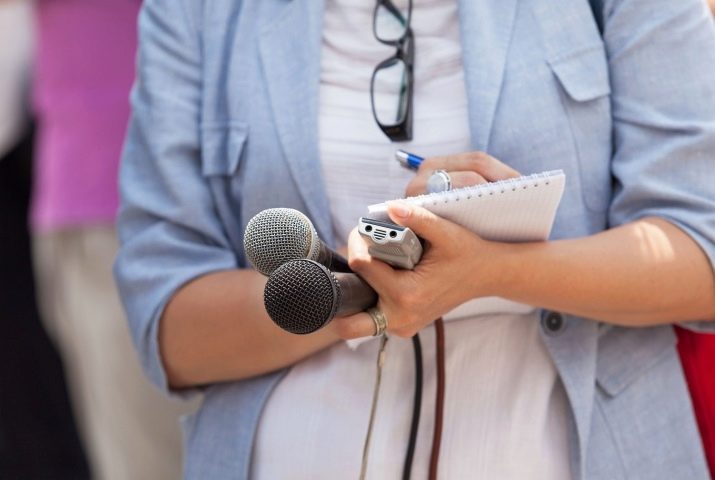
The specificity of journalistic activity attracts many people. This is a constant movement, development, and the person himself, who realizes the importance of his profession, is constantly engaged in self-improvement. After all, a person who has chosen this profession must be not only literate and talented, but also very well erudite in many areas.
Advantages and disadvantages
Considering the plans related to the choice of this profession, it is necessary to take into account all the nuances of journalistic activity, including possible difficulties.
For many, the advantages are obvious:
- you often have to visit different places, which allows you to discover a lot of new things;
- communication with different people always gives a new impetus to development;
- the article writing process is often exciting and very satisfying at the end of the work;
- in many cases, the journalist reveals problems, thereby causing a resonance in the society, which helps many people in solving problems;
- the life of a person in this profession will never be boring and will not allow you to stand still;
- Knowing your profession well and performing high-quality work, you can earn quite decent money.
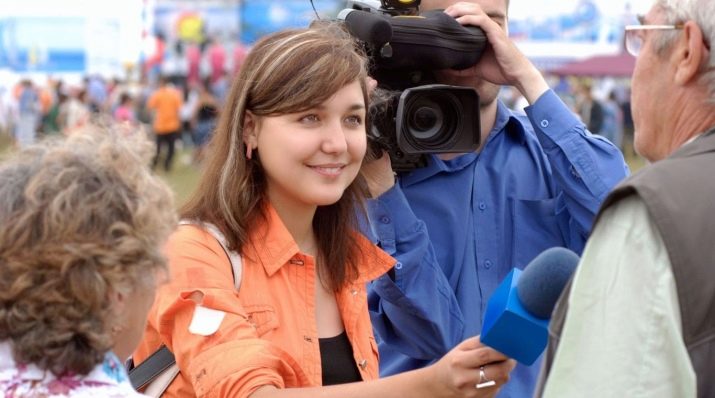
Views
Journalistic activity is very multifaceted and there is no area that it would not cover. Therefore, separation often occurs. A person delves into this or that activity, understands it thoroughly, constantly monitors the development of events and tells people about them.
Military
This person devotes his work to visiting various military units, talking about the everyday life of soldiers and officers, exercises and other events. Introduces readers or viewers to worthy representatives of the military profession, who are worthy of their service.
But this specialization also has a downside. Usually such a journalist goes to all hot spots, from where he reports and very often finds himself under bullets and fire, risking his life.
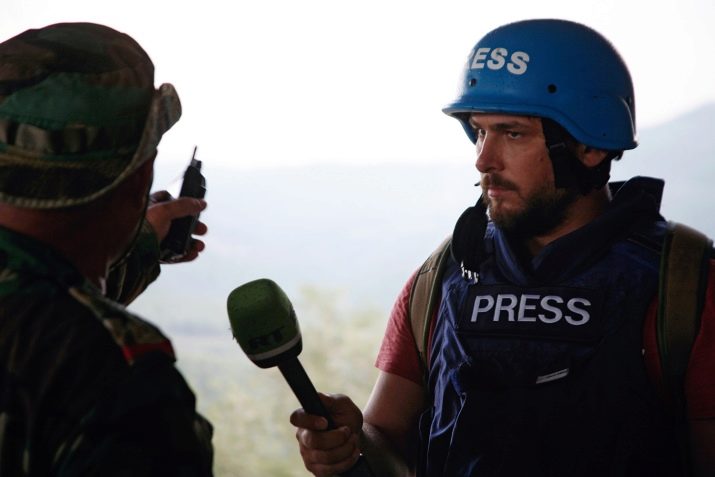
Most often, this type of activity is chosen by men.
Sports
In this case, it is simply necessary to understand all kinds of sports or in one specific one, to which the work is devoted. It's no coincidence that sports commentators are often former athletes. But this is, of course, an optional condition. You can be a sports journalist representing a football club or hockey team, or you can cover all sports events taking place in the city.
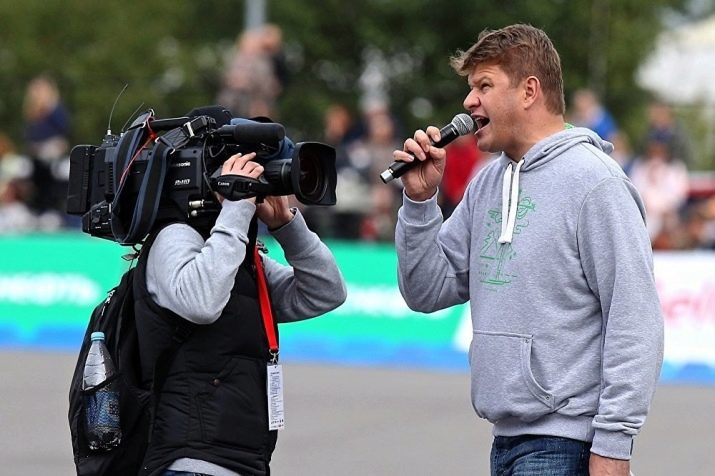
Scientific
Talking about scientific discoveries, the life of scientists and important events that occur in this area, you can, of course, according to the interviewees. But at the same time it will not be possible to stay away from science. She is, of course, very versatile. But at the same time, areas will surely arise that will captivate and interest the journalist, and he will want to study this or that topic more deeply. And the reader has a chance to convey comprehensively and fully information only if you understand what you are writing about.
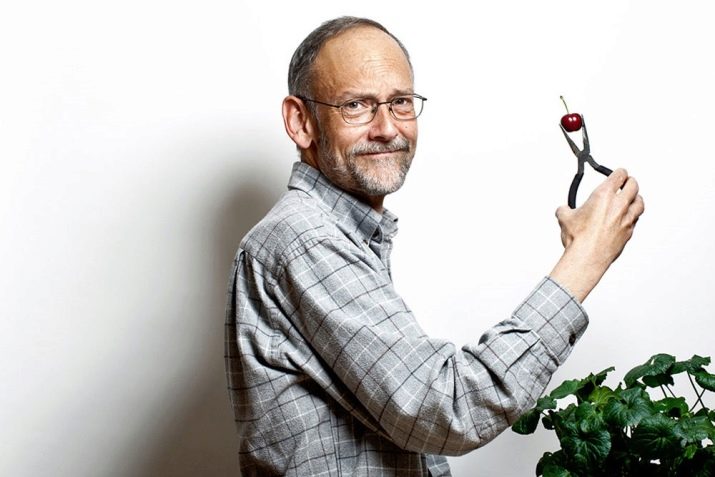
Universal
A person who most often acquaints readers with news, important events taking place in the city, region, country, world. He is constantly at the center of events and must be erudite in many areas. But usually, talking about a particular area, he does not go deep into it thoroughly.
Most often, such journalists make captivating reports from the scene, interview different people, and cover different areas of life.

Political journalist
Understanding the current political situation, knowing about all movements and trends are prerequisites for this type of activity. But that's not all. You need to independently understand certain situations, be able to make forecasts and have your own reasoned point of view on any events taking place in politics.

Reviewer
Most often, this is a person who is good at analyzing events and phenomena. The observer does not just convey information to the reader or viewer, he sums up a certain result, highlights the main trend, talks about some global event or a chain of several. He can talk about a situation in the country or summarize all the events that have occurred in a week, month, year. He can detect any problem and study the points of view of different people on a given situation. In short, a person must have an analytical mindset.
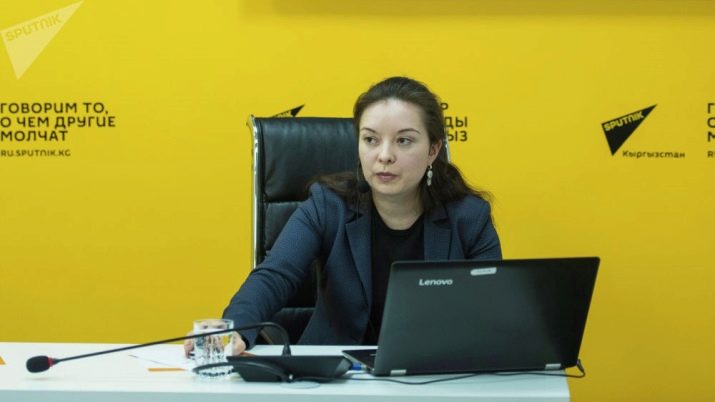
TV journalist
Television journalism is fundamentally different from newspaper journalism. That is why in the senior courses there is a division into these areas. The specificity of the work of a TV journalist is that he reacts very vividly to all events. It is important for him to convey reliable information, but at the same time he must have a good reaction. If he is in the studio and has a dialogue with a large number of people, he must be able to listen to everyone and be able to ask a question in time. He has no time to think about how best to present this or that event, he is here and now.
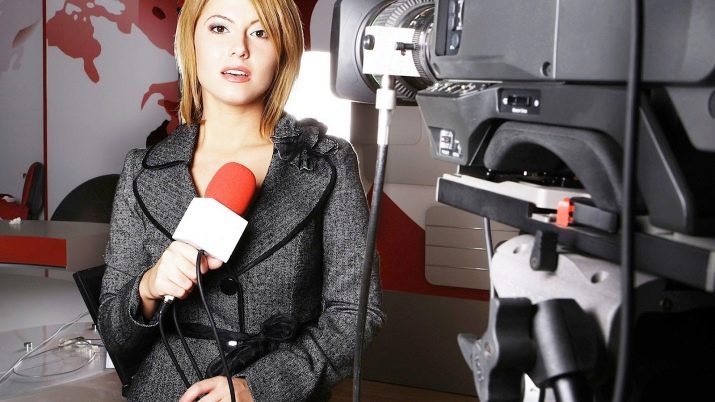
How interesting and accessible he will convey this or that event to the viewer depends on his talent and erudition.
Historian journalist
This is also an analyst, because often you need to study a lot of literature, analyze the information received in order to convey it in full to the reader. Often such a person seeks to obtain new sources of information, to study the opinions of different people in order to form his own view of certain historical events. As a rule, these are voluminous articles that you have to work on for more than one day.

Radio journalist
In this case, a person can also talk about events, make reports, take interviews, conduct any programs - musical, cultural, sports, scientific, humorous, etc. Often in the course of a radio program, a journalist communicates with listeners, asks questions, holds contests, and receives guests in the studio.
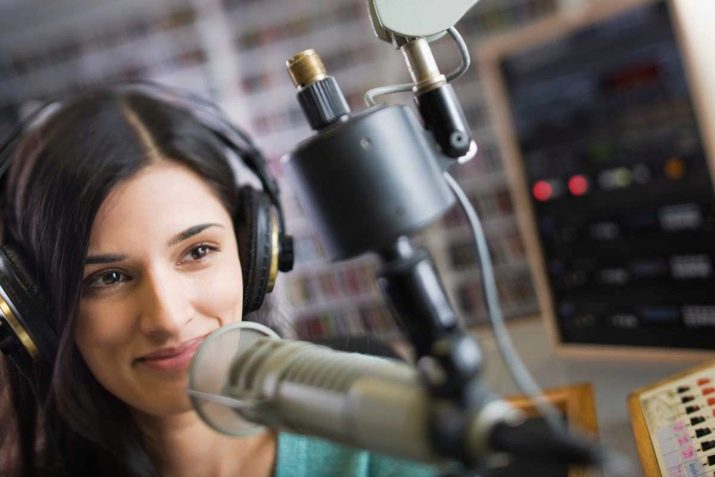
Internet journalist
The activities of such a journalist are not limited by anything. He can write articles on any topic, take short notes, shoot videos. There is an opportunity to work on a thematic site or sell your articles on exchanges. At the same time, many keep their blog, telling about everything that is happening, or choosing one topic and developing it constantly.

Other
There are many other areas in which a person who has dedicated his life to journalism can prove himself.
- Nowadays travel journalism is becoming more and more popular. Such a correspondent travels to different cities and countries, talks about where to stay, what sights to see. In addition, it acquaints viewers or readers with the way of life of certain peoples, with the customs and traditions of residents of different countries.
- Animal journalism can be fun too. It is also related to travel. The fauna is no less interesting for research; such programs are popular.
- Theater or music critic. Someone is carried away by the cultural sphere. In this case, it is necessary to understand musical trends, it is desirable to have a musical education in parallel. When visiting theaters and writing reviews, you need to understand the arts.
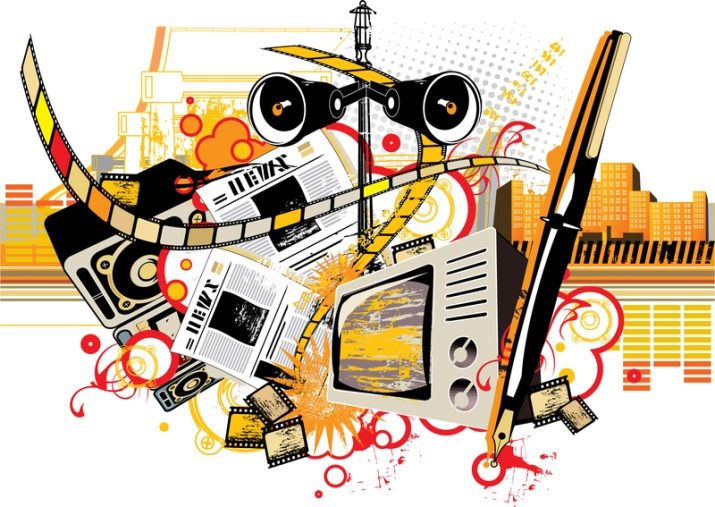
And this, of course, does not exhaust the list of varieties of journalistic activity. You can devote your work to the fashion industry, car research, culinary experiences, medical coverage. There are a lot of options.
Responsibilities
The journalist performs different functions depending on the position held. If he makes reports, works for a news channel, he collects information, shoots stories. When working in a newspaper, the correspondent covers all the events taking place in the city, interviews different people.
The journalist is obliged to comply with the requirements of the editorial office in which he works. Usually it is - to collect information on time and submit it to the room on time. Naturally, it should be written competently and interestingly. The editor always has the right to return an article for revision or even refuse publication if it does not meet the requirements of the editorial board. When communicating with a person, you always need to intuitively feel those boundaries that cannot be crossed. If the interviewee does not want to talk about certain topics, this should be taken into account. The journalist must be correct, polite and able to capture the mood of people.

But it often happens that information needs to be obtained in order to conduct an investigation, to solve a case. In such situations, information is reluctant to share. And here you have to get information, sometimes risking your life.
In addition, every self-respecting journalist knows what professional ethics is.
Skills and knowledge
The creative activity of a journalist in autumn is multifaceted. But at the same time, there are things without which a journalist simply cannot work. He must be literate, thoroughly know the Russian language, have knowledge in other areas. This is usually a well-read person who can keep up a conversation on any topic. Depending on the purpose of the correspondent, he uses different tools in his work. It can be:
- voice recorder;
- notebook and pen;
- computer or laptop;
- camera;
- video camera.

Education
You can study journalism only at universities - most often at universities, sometimes at institutes. College is not a serious option, unless it will be the initial stage. Later it is still worth thinking about another educational institution where you can get a higher education, after which you will be awarded the qualification of a journalist. You can enter such institutions only after grade 11. It will take 5 years to study. For admission, you will need to pass exams in the Russian language and literature (as a rule, this is an essay), history, social studies.
At the time of admission, a creative competition is also implied, and for this you need to acquire a portfolio, where articles, notes, interviews, maybe plots or photographs will already be presented. When entering this specialty, all the nuances need to be clarified at a specific university. In each of them, the subjects for which exams are to be taken may differ.
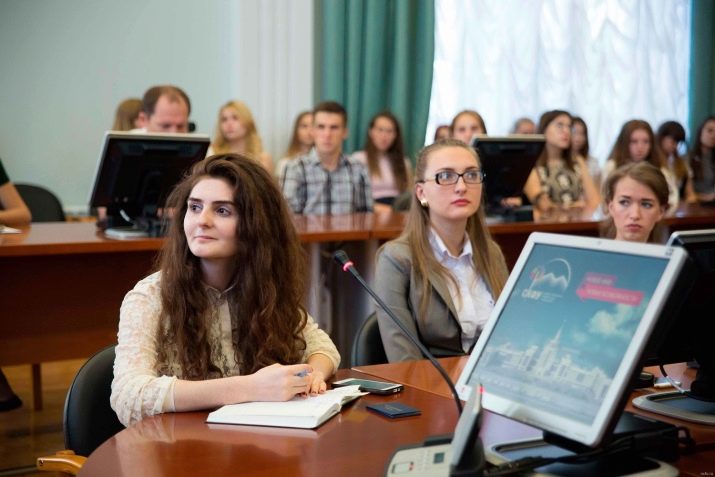
Where do they work?
The relevance and relevance of the work of a journalist does not dry out. And if many newspapers are in the survival stage, then other opportunities open up associated with this work. Creative people with no experience can start trying themselves on the Internet. But in general there are many organizations where a journalist can work. Among them:
- editorial offices of newspapers and magazines;
- radio;
- TV;
- the Internet;
- press centers of various structures and organizations.

How much does he get?
As for the journalist's salary, there is no specific amount that could be announced. Each edition has its own reward system. In addition, a journalist has a salary in many organizations, the rest of his salary consists of royalties. The amount of remuneration also depends on the structure in which the journalist works, in which region. It is clear that one cannot compare the salary of a journalist, for example, in Moscow and Komsomolsk-on-Amur. Therefore, if we take the average salary in Russia, then it will be about 30 thousand rubles.
But at the same time, each journalist earns as much as he has the strength, time and talent. The more fruitfully he works, the higher his fee.

Of course, the exclusivity of the material and the relevance of the topic are always appreciated. If a journalist wrote an interesting article about a serial maniac, he will receive a much higher fee than the one who attended the New Year's show at the House of Culture. The range of topics is so wide that it is not possible to talk about any specific amount. Moreover, each edition has its own payment system. If the material is relevant, and it appeared on the front page, it can be estimated at 2-3 thousand. If this is an ordinary note from the distant pages, its cost may not exceed 100 rubles. But journalism is a profession in which there is something to strive for, and everyone can get exactly as much as they deserve. There is always an incentive.








